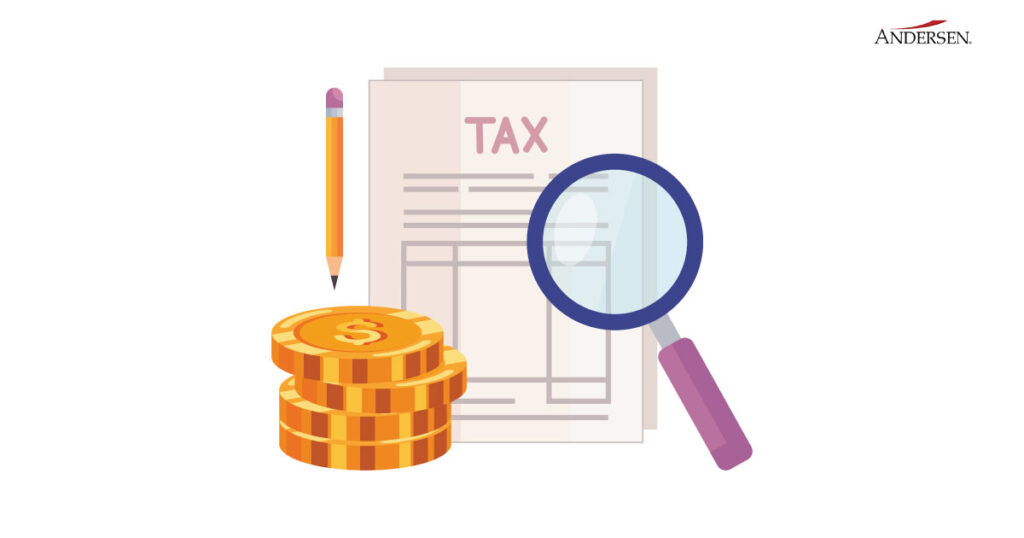Georgia offers one of the most tax-efficient frameworks in the region for structuring and managing investment funds. Owing to the rules outlined in the Tax Code of Georgia and the Law of Georgia on Investment Funds, both domestic and international investors can benefit from generous tax exemptions, clear pass-through treatment, and full relief on certain dividends and capital gains.
Whether they operate as investment funds or investment companies, Georgia’s fund structures facilitate cross-border investment and safeguard against double taxation.
What Is an Investment Fund Under Georgian Law?
The Law of Georgia on Investment Funds defines an investment fund as a collective investment vehicle that pools capital from investors to invest according to a defined policy.
Two main forms exist:
- Common (joint) investment fund – a contractual arrangement (no separate legal personality) managed by an authorised asset management company.
- Investment company – a legal entity (such as a joint stock company, LLC, or limited partnership) managing its own investment portfolio.
Both are supervised by the National Bank of Georgia and must be authorised, registered, or recognised to operate.
Tax Treatment of Common (joint) Investment Funds in Georgia
One of the most important features is that a common fund is a tax‑transparent vehicle:
- Profits and losses are attributed directly to the unit holders in proportion to the units they own.
- Losses allocated to a unit holder cannot exceed their paid‑in contribution plus fees/commissions paid to the asset management company.
- The fund and its asset management company are not tax agents – they do not withhold taxes for investors.
- Each investor reports and pays their own taxes on their share of fund income.
- Foreign investors do not create a permanent establishment (PE) in Georgia solely by holding fund units.
To ensure transparency and individual accountability, the asset management company must open a separate investment account for each unit holder and maintain accurate records of profits and losses, in accordance with procedures established jointly by the Ministry of Finance and the National Bank of Georgia.
In order to avoid double taxation, distributions of profit to unit holders are not subject to profit tax at the fund level, provided they fall within the scope of permitted investment fund activities.
Capital Gains Tax on Investment Fund Units
Capital gains from the sale or redemption of units in an investment fund are also subject to reduced taxation:
- Normally taxed at 15%;
- Reduced to 5%, if the fund invests exclusively in bank deposits and financial instruments (excluding equity investments in Georgian resident companies).
Moreover, capital gains are fully exempt from both personal income tax and profit tax in cases where:
- Units are sold through a public offering in Georgia and are traded on a regulated market recognized by the National Bank of Georgia;
- The investment fund portfolio consists solely of qualifying instruments such as government securities, bank deposits, or debt instruments issued by resident entities via public offering.
Tax Treatment of Investment Companies in Georgia
Investment companies, as distinct from common funds, also enjoy preferential tax treatment. Dividends paid by an investment company to individuals or non-resident entities are:
- Not subject to withholding tax;
- Not included in the gross income of the dividend recipient;
With respect to Corporate Income Tax (CIT), investment companies are subject to tax only upon the distribution of profits, in line with Georgia’s so‑called Estonian‑style CIT regime. Retained earnings are not taxed until they are actually distributed, allowing profits to be reinvested without triggering immediate tax liability.
As a general rule, tax authorities apply a 15% tax on profits distributed by an investment company, but they reduce the rate to 5% when the company invests only in bank deposits and financial instruments (excluding dividends received from Georgian resident companies).
Moreover, the law fully exempts distributed profits if the income used to pay the dividend:
- Is not considered as Georgian source income (dividends, interests received from foreign companies);
- Is derived from publicly offered equity or debt securities listed on markets recognized by the National Bank of Georgia;
- Originates from government bonds, securities issued by international financial institutions, or deposits in Georgian banks.
Value Added Tax
In addition to income tax exemptions, the Georgian Tax Code also exempts certain activities related to investment funds from Value Added Tax (VAT). The law classifies services such as managing, administering, and providing depositary services to an investment fund as financial services.
The Tax Code exempts financial services from VAT without allowing deductions. This means that although VAT does not apply to these services, asset management companies and depositaries cannot deduct input VAT on expenses related to their operations.
About Andersen Georgia
Andersen Georgia is part of Andersen Global, a worldwide association of legally separate, independent member firms providing expert tax and legal services. Our team combines in-depth knowledge of Georgian legislation with international experience to support clients across various sectors, including investment management, financial services, technology, and cross-border structuring.
Note: This article is based on Georgian legislation and public data as of August 2025. Companies are encouraged to seek professional tax advice tailored to their specific circumstances before relying on the regimes described above.

